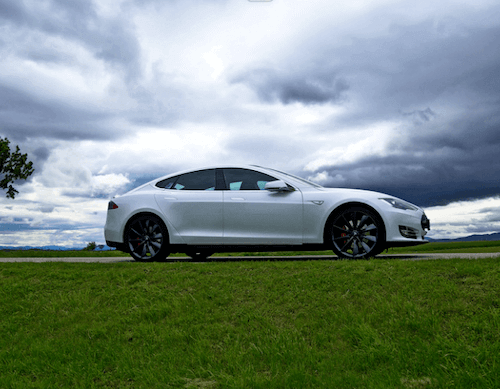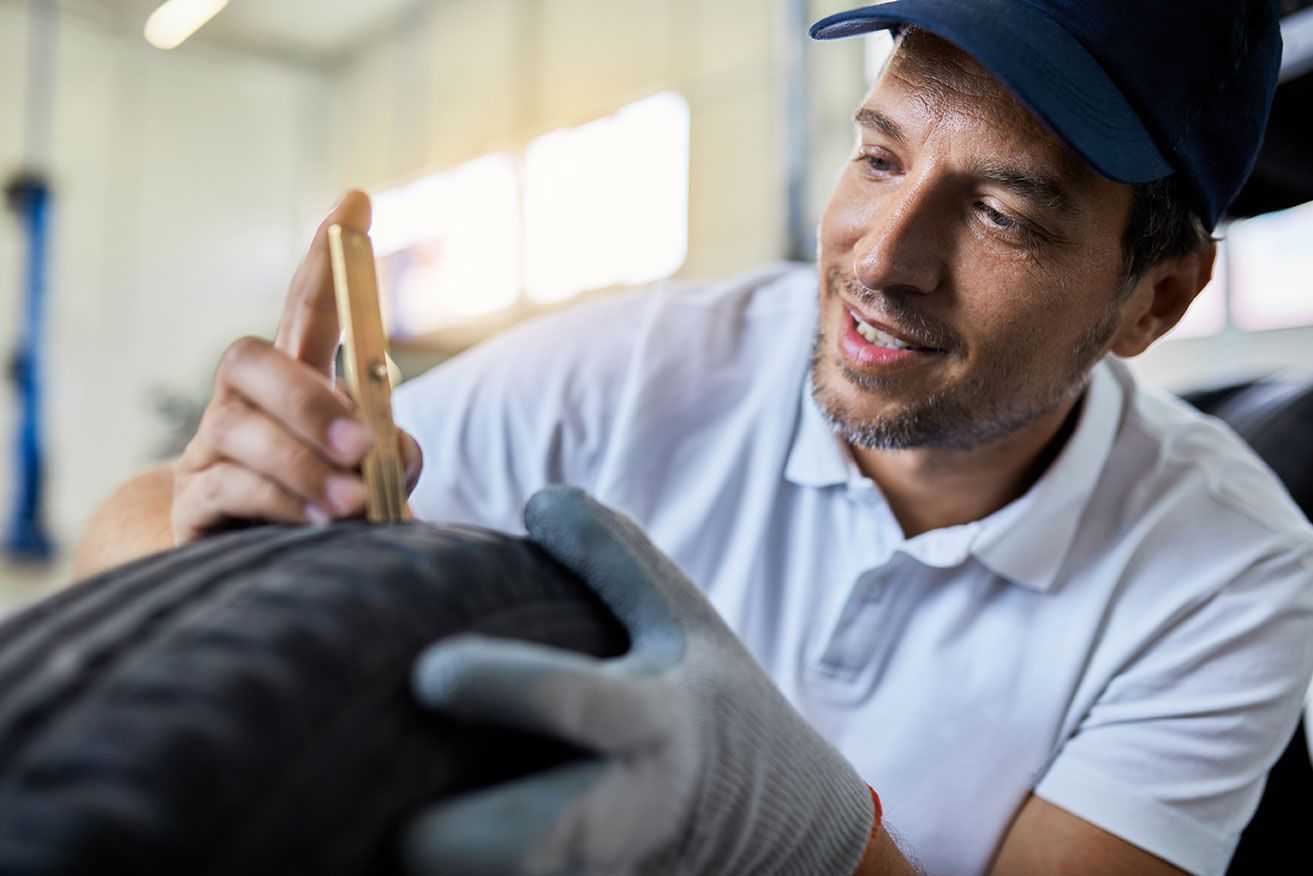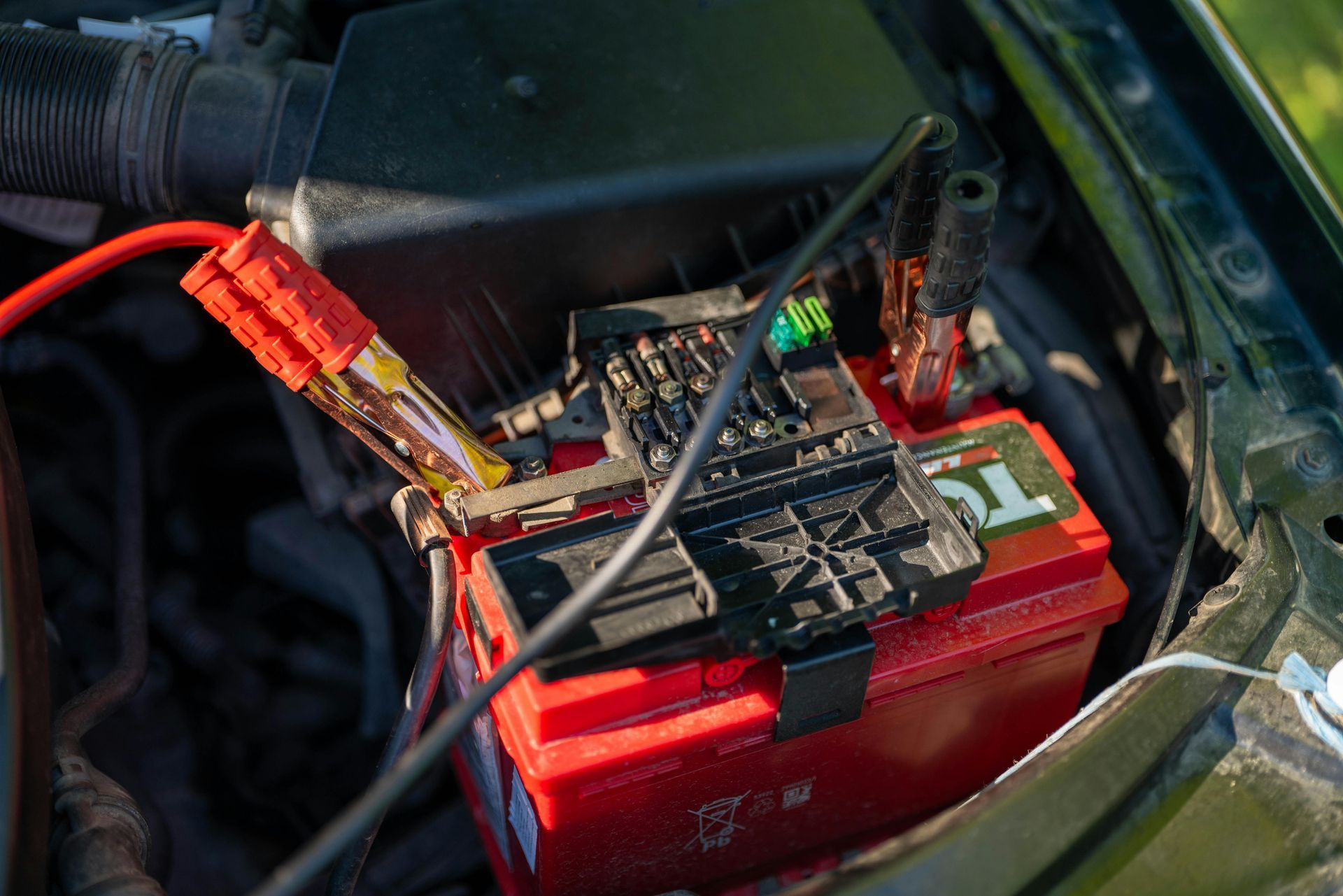Do Hybrid and Electric Cars Need Brake Pad Replacements?
Auto Shops Located in: Chapel Hill, Durham, Taleigh, Apex, and Cary North Carolina

As gas prices waiver, the benefits of hybrid and electric cars are becoming increasingly prominent. However, many drivers may feel unsure when jumping into a new kind of vehicle—especially when you might read competing insights about different vehicle elements. For example, one common point of contention is whether or not electric and hybrid vehicles need brake pad replacements. The local mechanics at Chapel Hill Tire are here with insight.
Do You Have To Get New Brakes on Electric and Hybrid Cars?
So, do hybrids and electric vehicles need new brake pads? The short answer is yes—the brake pads on your hybrid or electric car will not last forever. Many hybrid vehicles and EVs need a brake inspection and/or service at the 5-year mark. This service interval is still helping you save—as standard cars need a brake pad replacement every 40,000-50,000 miles.
Why Doesn’t Regenerative Braking Prevent Brake Pad Replacements?
It is true that regenerative braking allows your engine to absorb the energy of your vehicle as it slows and stops—rather than relying mainly on brake pad friction. Brake pads wear away much more slowly than in standard cars. However, there are still a few considerations here that will cause your EV or hybrid to require new brake pads:
- Brake Pad Adhesive
- Age and Decline
- Wear and Tear
Let’s take a closer look at each issue facing hybrid and electric vehicle brake pads.
1: Brake Pad Adhesive
While you might find your brake pads with more than the required 1/4th of an inch height for countless years; however, at the 5-year mark, the greater concern is the brake pad adhesive. The adhesive keeps the vital block of friction material connected to the brake pad. As the adhesive becomes less reliable, your brake pads become a safety hazard. This issue is why most mechanics (and manufacturers) recommend replacement at five years for electric and hybrid vehicles. You can read your owner’s manual to find more specific information and recommendations about your vehicle’s brake pad service requirements.
2: Age and Decline
Your brake pads are made of materials with a limited lifespan—such as rubber, metals, and more. For example, rubber can begin to oxidize over time—and any combination of metals can begin to rust. In addition, the heat, friction, moisture, and other elements your vehicle faces on the road can accelerate and wear these materials out over time.
3: Wear and Tear
While regenerative braking minimizes brake wear, it does not prevent it entirely. The wear on your brake pads will depend on a variety of factors, including:
- Whether you drive a hybrid or electric vehicle
- Make, model, and regenerative braking design of your vehicle
- Your driving patterns
- The situations you face on the road
- And so much more
For example, say you like to maintain a healthy charge when you drive your electric vehicle. You might even trickle-charge your vehicle every night. After all, you do not want to get stranded without a convenient charging station. Some EV and hybrid cars have a switch that will lessen or shut off your regenerative braking system when your charge is full or nearly full to avoid overcharging your battery. In these cases, you might be relying heavily on your brake pads.
Additionally, many electric vehicles will engage your brake pads during quick, powerful stops. So, if you find yourself frequently slamming your brakes in rush-hour traffic, chances are that your brake pads are doing a lot of the heavy lifting here.
Certainly, your brake pads will not face as much wear as in traditional vehicles. However, we can note that if your car wears away at your brake pads (even just a little bit at a time), eventually, they will be worn to the point that they require replacement. After all, worn brake pads will put your safety at risk and prevent you from passing your annual inspection.
Car Care for Hybrids and Electric Vehicles: Chapel Hill Tire
Chapel Hill Tire offers brake pad replacements for all vehicles, including hybrids and electric vehicles. Our local Tesla and EV mechanics have the specialty care and experience needed to handle these cars with the highest level of service. In addition, we keep up with the latest services needed for these continuously-evolving vehicles—such as our rim guard installation services for Tesla curb rash.
Chapel Hill Tire proudly serves the greater Triangle area with 9 locations across Apex, Raleigh, Chapel Hill, Carrboro, and Durham. We invite you to make an appointment, browse our coupons, or give us a call to get started today!















